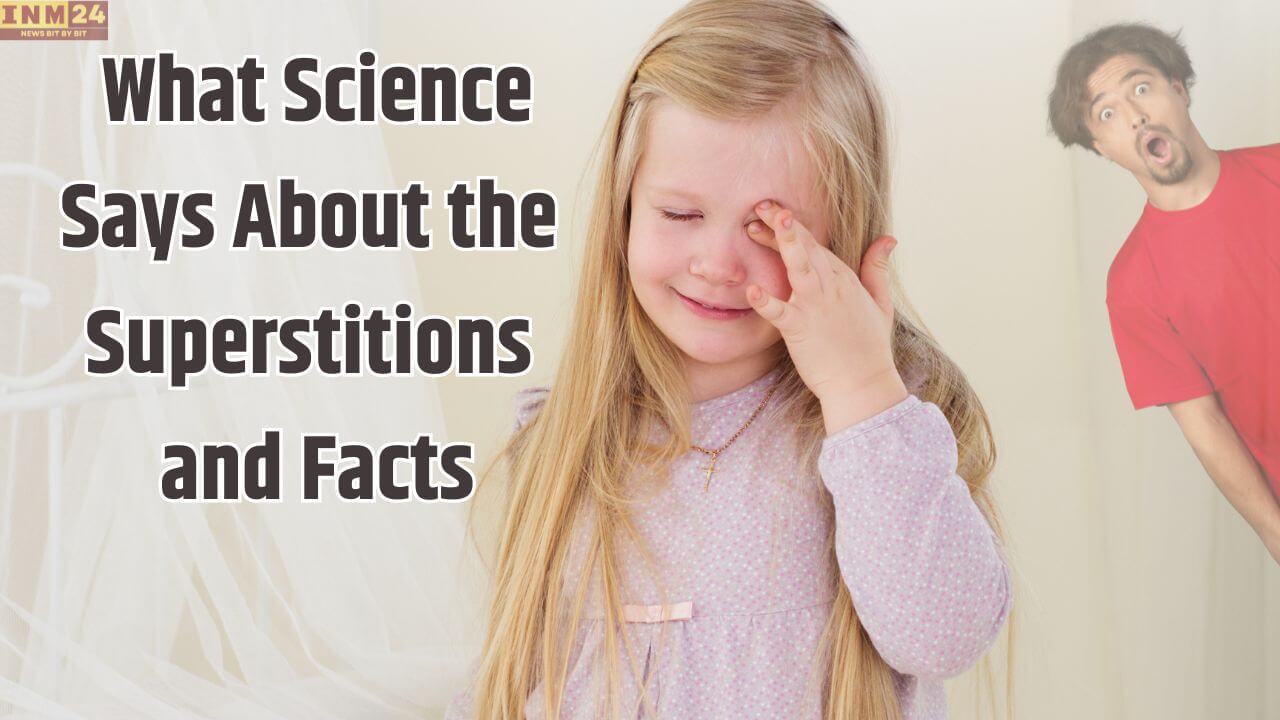Eye twitching has always been a subject of debate and discussion among people, whether it’s about superstitions like a cat crossing your path or the twitching of your eyes. The battle between superstition and facts often places one against the other, with some holding on to beliefs and others seeking scientific explanations.
Today, in this article, we will delve into the phenomenon of eye twitching. We will explore whether eye twitching is considered auspicious or inauspicious, and what science has to say about its implications on our health.
Eye Twitching, Superstitions vs Science
Eye twitching, or myokymia, refers to the involuntary spasm or contraction of the muscles around the eyes. In many cultures, especially in Indian traditions, eye twitching is often associated with omens and predictions about the future.
What Superstitions Say About Eye Twitching
According to traditional beliefs and astrological sciences, the twitching of the right eye and the left eye holds different meanings. For women, the twitching of the right eye is considered auspicious, indicating good fortune, while the twitching of the left eye is deemed inauspicious. Conversely, for men, it is believed that the right eye twitching brings bad luck, and the left eye twitching is considered favorable.
These interpretations are part of ancient scriptures and have been ingrained in the cultural fabric of many societies. However, it’s essential to note that these beliefs are rooted in superstitions rather than scientific evidence.
What Science Says About Eye Twitching
From a scientific perspective, eye twitching is generally benign and attributed to various factors. One common explanation is fatigue or lack of sleep. If an individual is not getting adequate rest, their eyes may twitch involuntarily. Stress, eye strain, and excessive caffeine intake are also known to contribute to eye twitching.In the field of science, there is no evidence to support the idea that eye twitching has direct implications for predicting the future or indicating specific events. Instead, it is seen as a physical response linked to lifestyle factors and not as a mystical sign.
The clash between superstitions and scientific explanations is an age-old debate. While superstitions have their roots in cultural beliefs and ancient practices, science relies on empirical evidence and systematic study. When it comes to eye twitching, understanding the balance between cultural interpretations and scientific facts can help individuals make informed decisions about their health and well-being. As with any health concern, it is advisable to consult with a medical professional for personalized advice.
